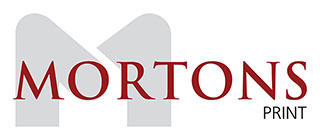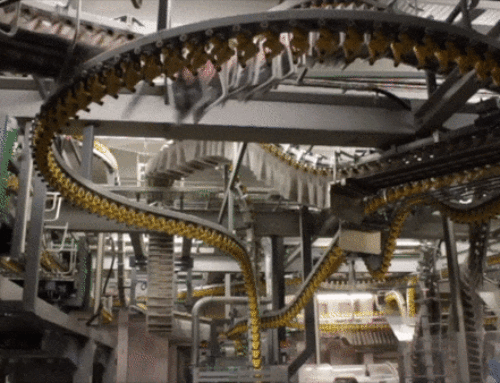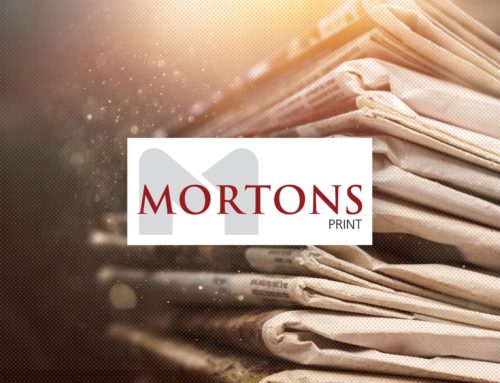PROPOSALS in a consultation on the Freedom of Information Act would seriously harm government transparency and the public right to know, the News Media Association (NMA) has said.
Responding to the Independent Commission on Freedom of Information’s consultation document, the NMA said proposals – which include charging for FOI requests and restricting what can be released under the Act – were “regressive and unnecessary”.
NMA legal, policy, regulatory affairs adviser Lucy Gill said: “The Freedom of Information Act has done more than any other to help the free press and the public it serves to hold power to account. Everyday newspapers run stories exposing waste, incompetence and cover-ups that would never have come to light but for the FOIA.
“These stories result in policies being changed for the better and action being taken to improve people’s lives.
“It is therefore disappointing that instead of looking at ways of making government more transparent, the Commission is instead considering a raft of measures that would weaken the Act and impede the public’s use of it. Proposals such as strengthening the government veto, removing some types of information from FOI altogether and charging for requests are regressive and unnecessary.
“The Act already contains robust safeguards for sensitive information and it has revealed far more wasteful spending by public authorities than it has cost to administer.
“It is essential that all supporters of the FOIA make their voices heard at this time. That is why NMA will be asking its members in the national, regional and local press to show the Commission – and the Government – how they use the FOIA to benefit their communities and enhance the public good.”
Speaking about proposals to introduce charges for FOI requests, Campaign for Freedom of Information director Maurice Frankel said: “Charges would be likely to deter large numbers of requests. When a €15 application fee was introduced under Ireland’s freedom of information act in 2003, it resulted in the number of requests falling to 25 per cent of its previous level.
“The same could occur here, reducing the scrutiny of public authorities and making it easier for them to say they are doing one thing when they are really doing the opposite.”
The full NMA story can be read here





